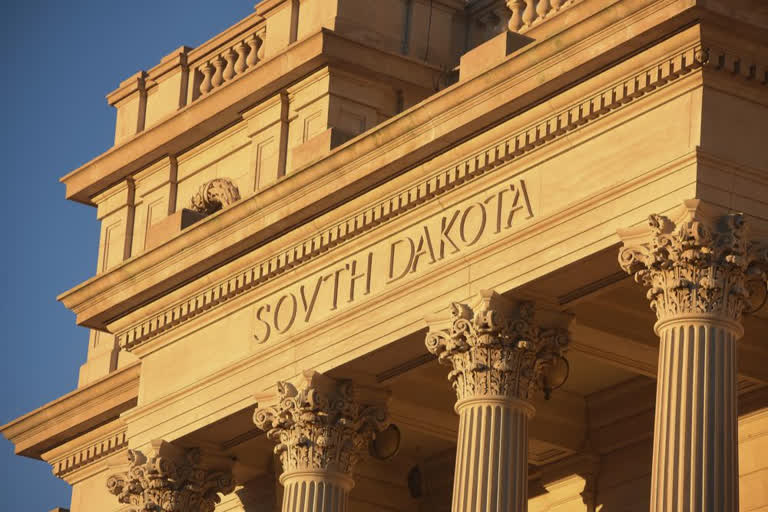Washington:A spotlight that has been thrown on how many of the rich and powerful shield their wealth is also intensifying a fear among philanthropy experts: That the tax havens being used by the wealthy will increasingly siphon money away from charitable causes.
Wealthy Americans have long sought to use charitable contributions to reduce their tax burdens. But the “Pandora Papers” report, issued Sunday by the International Consortium of Investigative Journalists, revealed how world leaders, billionaires and others have stashed trillions of dollars out of the reach of governments by using shell companies and offshore accounts, which are considered legal.
One maneuver described in the report, a “dynasty trust," can exist in perpetuity in states like South Dakota. Using these trusts, Americans can legally shield themselves from estate and other taxes — and thereby remove a major incentive for charitable giving.
When the wealth of an American individual or couple exceeds a threshold — USD 11.7 million or USD 23.4 million, respectively — each dollar value above that level, once bequeathed, is subject to a federal estate tax of up to 40 per cent for each generation.
But a carefully crafted dynasty trust helps succeeding generations avoid those taxes. And the longer the trusts last, the longer the user can avoid taxes and the longer he or she may lack a financial incentive to donate to a charity.
Experts note some Americans are also legally able to avoid state income taxes on revenue generated by their assets by setting up trusts in states that don't levy income taxes. One of them is South Dakota, which also doesn't have its own estate, capital gains or inheritance tax, thereby making it an especially attractive destination to park wealth.
“There's every reason to think that the ultimate effect of this type of wealth being put into these vehicles will also be a long-term loss in revenue for charitable organizations,” said Ray Madoff, a professor at Boston College Law School who teaches philanthropy policy and taxes.
“The impact on the charitable sector, I would say, is probably already underway, but will grow over time.”
Tax policy, after all, consistently affects charitable giving. After the tax law changes pushed through Congress by President Donald Trump in 2017, charitable donations dropped 1.3 per cent in 2018 compared with the prior year, the Treasury Department reported. Normally, such donations tend to grow at roughly the same pace as the nation's gross domestic product, which climbed 5.2 per cent that year.
As the Biden administration promotes its plans to raise taxes on wealthy Americans, it is building into its estimates the consideration that many people who would be affected by the tax increases would donate more to charities to lower their tax burden.
But for many wealthy individuals, trusts like those outlined in the “Pandora Papers” would reduce their tax burden without the charitable giving.
